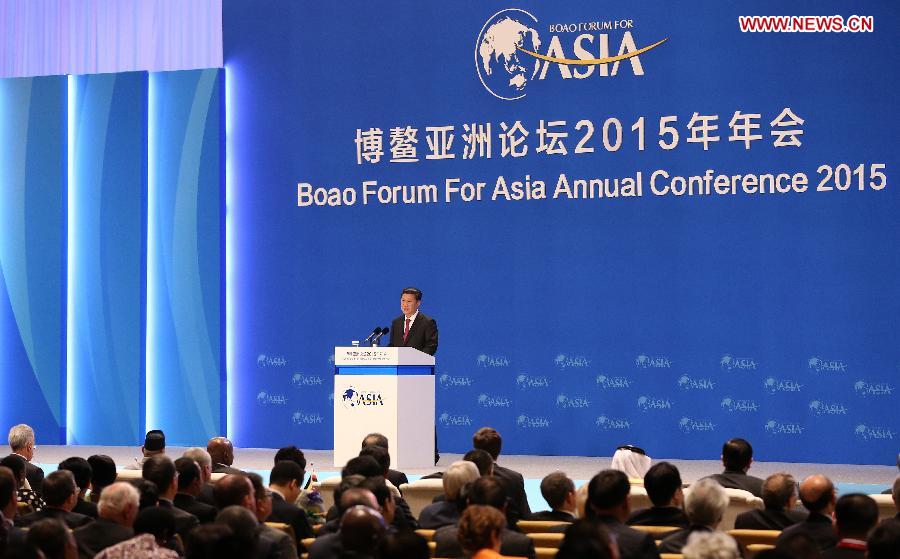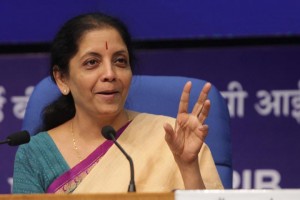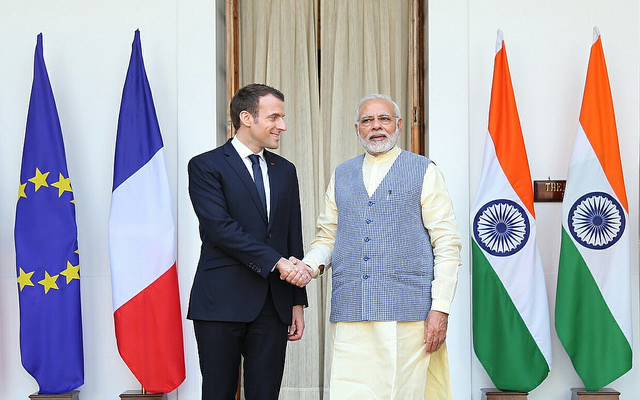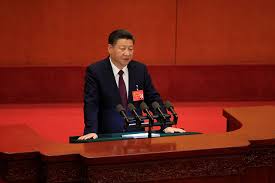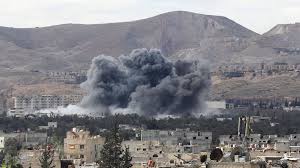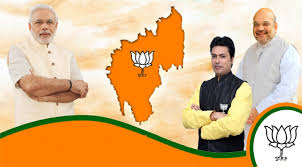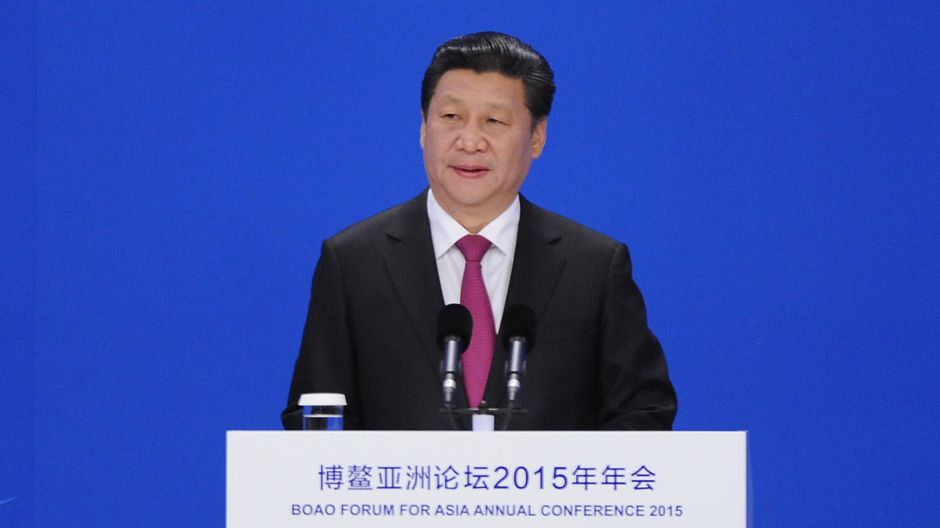
China’s Xi rejects geopolitics behind BRI: Will India bite the bait?
Amid persistent anxieties about the nature of the Belt and Road (BRI) project among a host of countries, including India, China’s President Xi Jinping has rejected any ulterior “geopolitical calculations” behind the BRI and underlined China’s commitment to “building a community with a shared future for mankind.”
“China has no geopolitical calculations, seeks no exclusionary blocs and imposes no business deals on others,” the Chinese leader said at the Boao Forum for Asia, popularly known as ‘Asia’s Davos’, in the island of Hainan. He also assured that the project does not impose any unfavourable deals on any countries.

